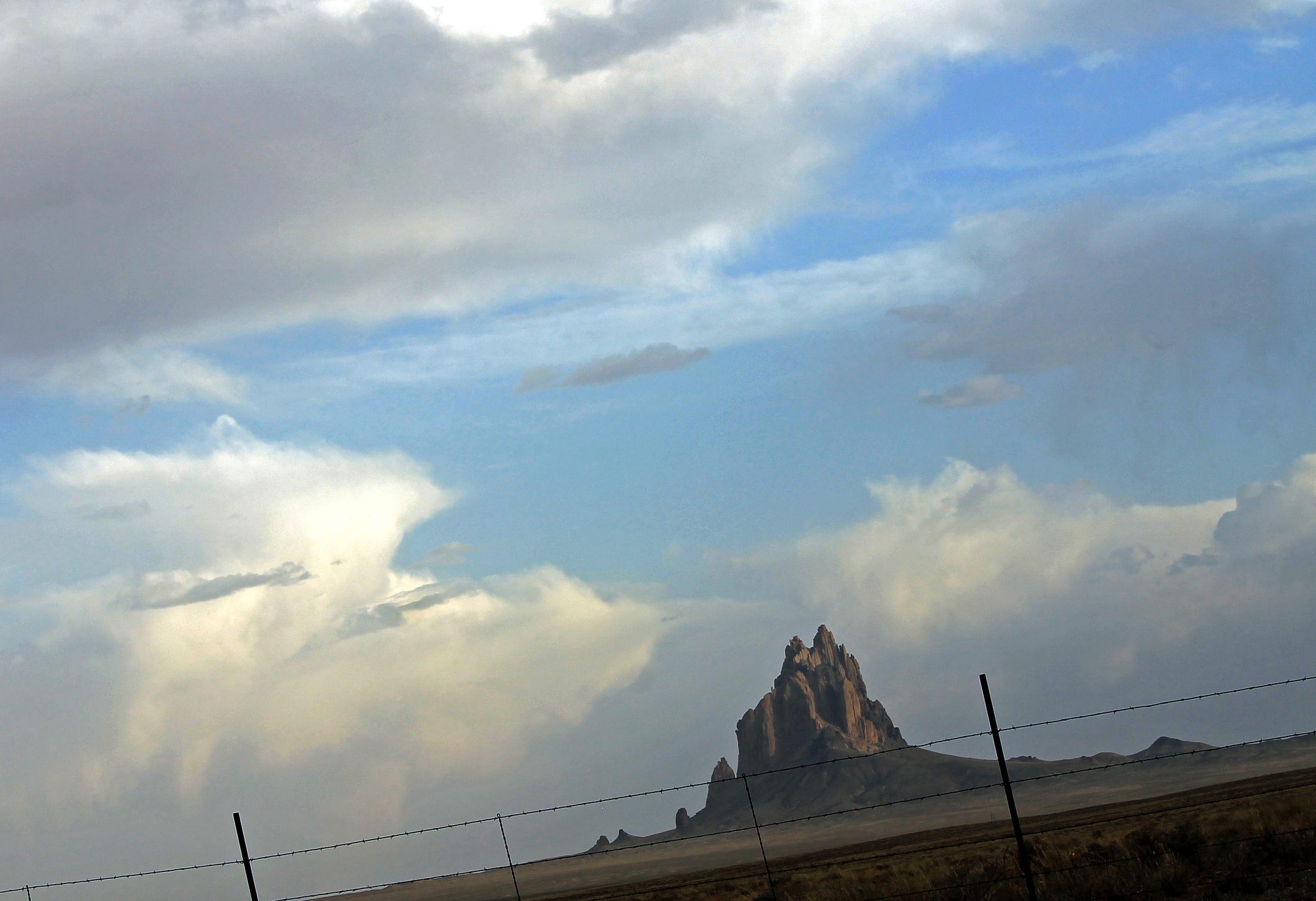Summer Solstice Fiction: Let them eat Blake's
An adapted excerpt from Behind the Slickrock Curtain
Note: Since tomorrow (June 21) is the summer solstice, I figured I’d give y’all a bit of a break from the usual news and run some summertime fiction, instead. This is actually an excerpt from Behind the Slickrock Curtain, altered and adapted for this space. It is purely fiction, and any resemblance to real places or people is mere coincidence.



